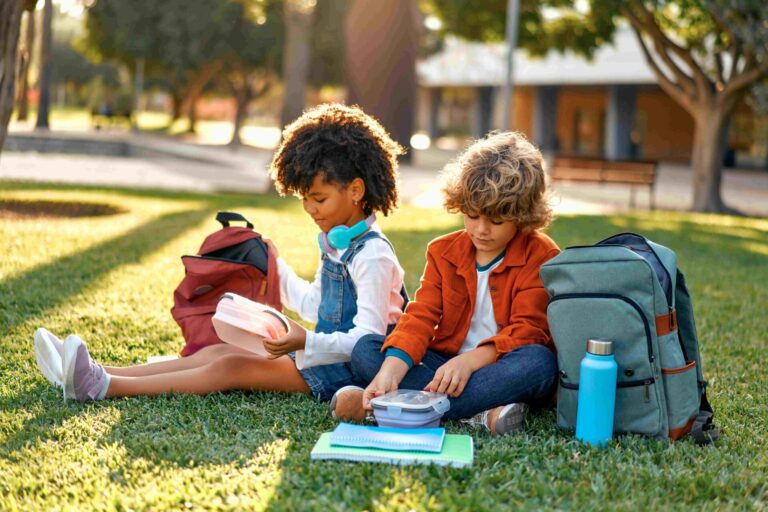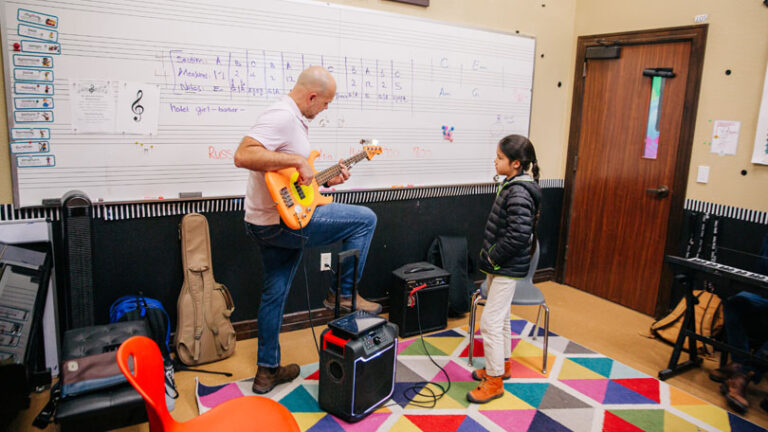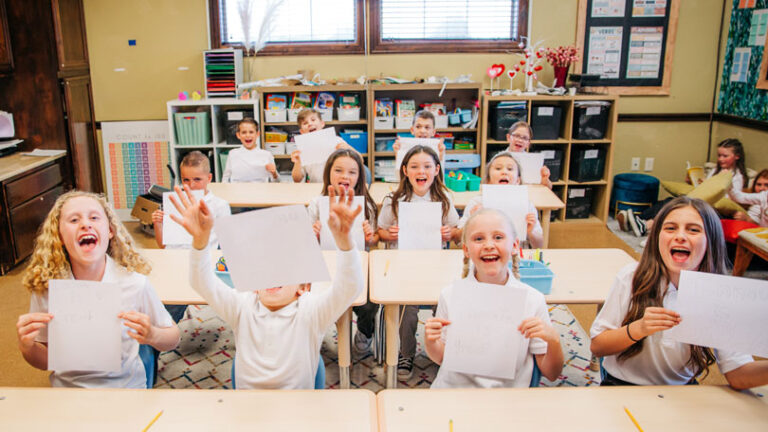In the fast-paced world of education, where students juggle academics, extracurricular activities, and social dynamics, the importance of mindfulness cannot be overstated. Teaching students mindfulness tactics at a young age has proven to be a transformative approach that not only nurtures emotional well-being but also enhances various aspects of their educational journey. In this blog post, we will explore how introducing mindfulness to students early on can positively influence their academic performance, emotional resilience, and overall well-being.
- Improved Focus and Concentration: Mindfulness techniques, such as mindful breathing and meditation, empower students to enhance their focus and concentration. By training young minds to be present in the moment, students are better equipped to navigate the challenges of classroom learning, absorb information more effectively, and maintain concentration during study sessions.
- Stress Reduction in Academic Settings: Educational environments can sometimes become stress-inducing for students, especially during exams or challenging assignments. Mindfulness practices provide invaluable tools for stress reduction. Techniques like mindful breathing and body scans help students manage stress, promoting a calm and focused mindset even in high-pressure situations.
- Enhanced Emotional Regulation: Mindfulness teaches students to observe their thoughts and emotions without judgment. This heightened self-awareness contributes to improved emotional regulation. By understanding and managing their emotions, students can navigate interpersonal relationships, resolve conflicts, and create a positive learning environment for themselves and their peers.
- Increased Resilience to Challenges: Life is full of difficulties, and teaching students mindfulness tactics early on instills a sense of resilience. Mindful practices encourage a non-reactive mindset, enabling students to approach challenges with a more composed and adaptive outlook. This resilience becomes a valuable asset in facing academic setbacks and personal difficulties.
- Enhanced Cognitive Abilities: Mindfulness has been linked to improved cognitive abilities such as memory, attention, and problem-solving skills. By incorporating mindfulness into their routine, students can sharpen their cognitive functions, leading to better academic performance and a more efficient learning process.
- Positive Impact on Behavior and Discipline: Mindfulness contributes to a positive classroom atmosphere by fostering a sense of calm and understanding. Students who practice mindfulness are often better equipped to manage impulsive behavior and make thoughtful decisions, ultimately reducing the need for disciplinary interventions.
- Long-Term Well-being: Beyond the immediate benefits during their educational journey, students who learn mindfulness tactics at an early age are more likely to carry these practices into adulthood. This sets the foundation for a lifetime of emotional well-being, resilience, and the ability to navigate life’s challenges with a centered and composed mindset.
The incorporation of mindfulness tactics into education is not merely a trend but a fundamental shift in how we nurture the holistic development of our students. By providing young minds with the tools to be present, self-aware, and resilient, we empower them to thrive not only academically but also emotionally and socially. Mindfulness is not just a practice; it is a lifelong skill that can profoundly impact the trajectory of a student’s educational journey and beyond.





